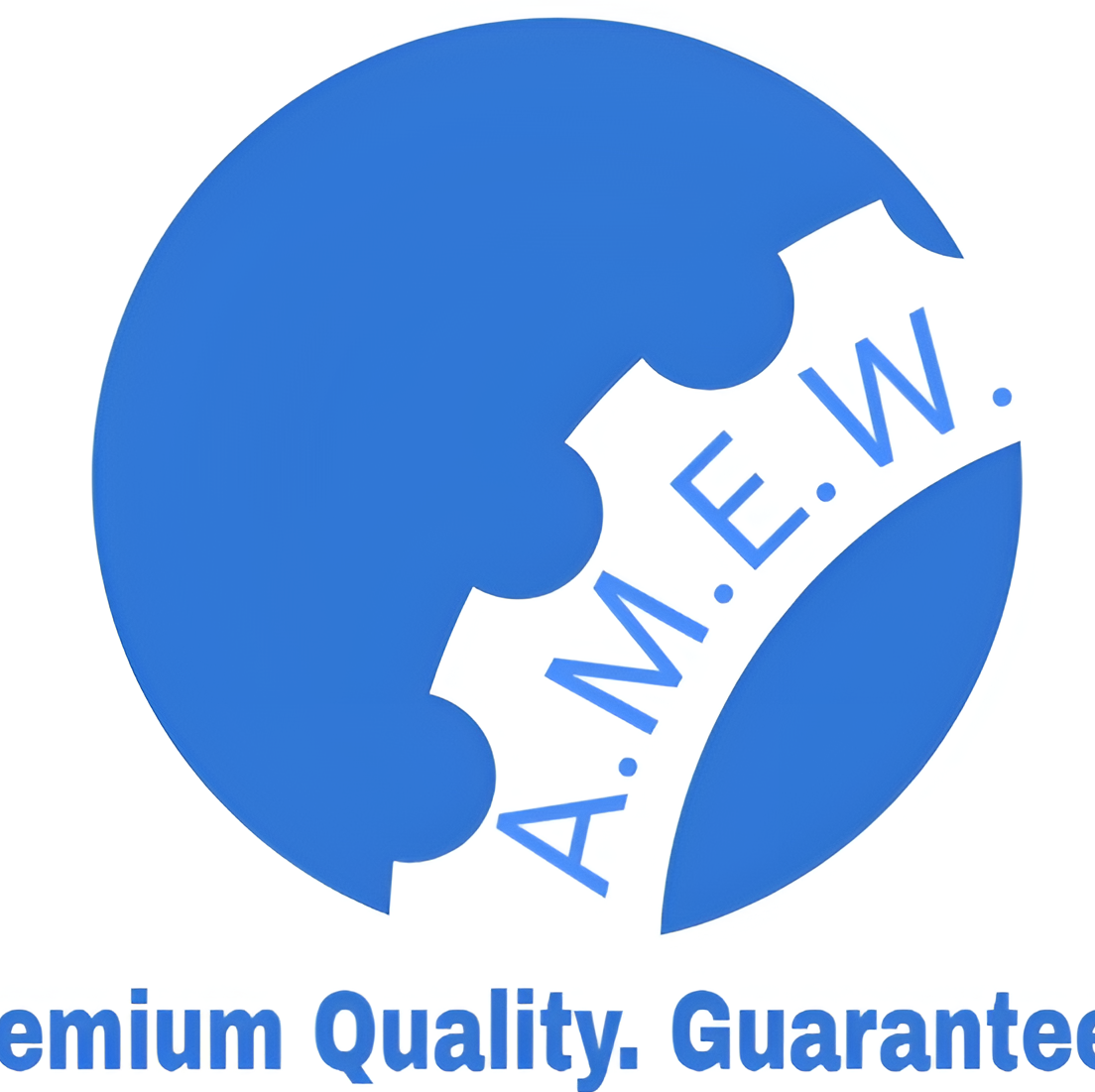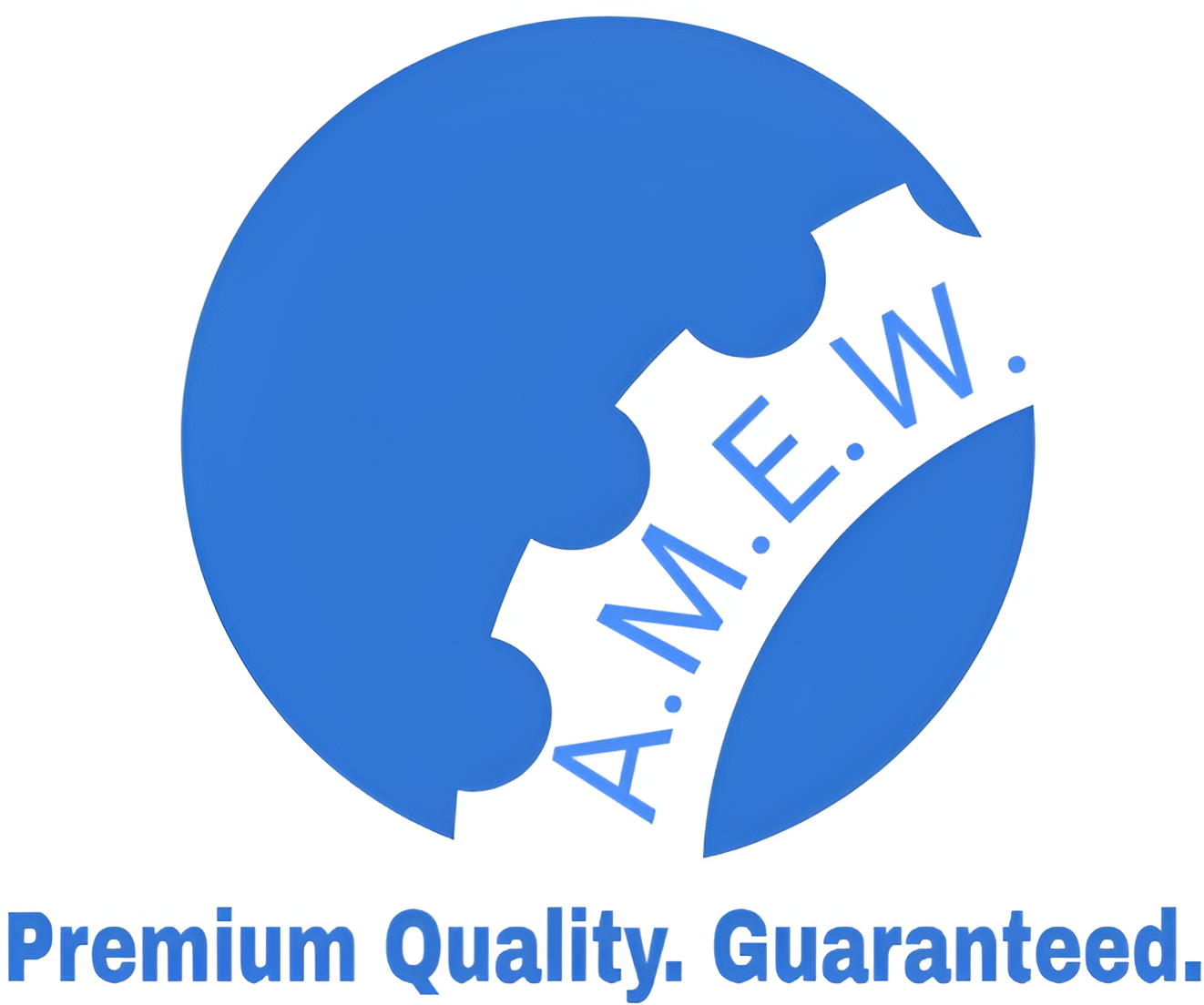Rail Forgings – Strength and Reliability for Railway Infrastructure
Introduction to Rail Forgings
Rail forgings are critical components used in railway tracks, rolling stock, and other infrastructure to ensure strength, durability, and safety. Forging is a manufacturing process where metal is shaped under high pressure, which refines its grain structure and improves mechanical properties. Rail forgings are widely used in creating track switches, joints, axles, couplers, and wheels, which are subjected to heavy loads and harsh conditions.
With the increasing demand for high-speed trains, heavy freight, and urban transit systems, the importance of high-quality rail forgings has grown exponentially. Forged components are preferred over cast or fabricated ones due to their superior strength, fatigue resistance, and reliability.
What are Rail Forgings?
Rail forgings refer to forged steel or alloy components that are designed for use in railway systems. The forging process ensures that these components can withstand extreme forces, vibrations, and wear during train operations. Unlike casting, where molten metal is poured into molds, forging involves shaping solid metal billets, resulting in denser and stronger parts.
The Rail Forging Process
1. Material Selection
High-grade steel or alloy steel is chosen for rail forgings due to its exceptional toughness and resistance to wear.
2. Heating
The raw metal billets are heated to a specific temperature to make them malleable for forging.
3. Forging
Using closed die or open die forging techniques, the heated billets are pressed or hammered into the desired shape. For complex parts, closed die forging is preferred.
4. Heat Treatment
The forged parts undergo processes such as quenching and tempering to enhance hardness, ductility, and fatigue resistance.
5. Machining and Finishing
The forged components are machined to precise dimensions and finished to meet railway standards.
Advantages of Rail Forgings
1. Superior Strength
Forging improves the internal grain structure, resulting in stronger components compared to cast or welded parts.
2. Fatigue Resistance
Rail components experience constant dynamic loads; forged parts are less prone to cracks or failure under such conditions.
3. Longer Service Life
The durability of forged parts reduces the frequency of maintenance and replacements, lowering overall costs.
4. Consistency and Precision
Closed die forging allows for uniform dimensions and shapes, which is crucial for railway safety.
5. Versatility
A wide range of railway components, from wheels to couplers, can be manufactured through forging.
Applications of Rail Forgings
Rail forgings are essential for a variety of railway components:
-
Railway Wheels and Axles: Forged wheels and axles provide high strength and durability for locomotives and coaches.
-
Couplers and Yokes: Forged couplers ensure secure connections between train cars.
-
Switches and Crossings: Forged parts are used in track switches and crossings to withstand high wear and stress.
-
Rail Joints: Forged fishplates and rail joints maintain alignment and provide smooth transitions.
-
Brake Components: Forged brake shoes and discs ensure reliable stopping power.
-
Bolsters and Side Frames: Critical components in freight wagons made through forging for enhanced load capacity.
Types of Forging Methods Used in Rail Forgings
1. Closed Die Forging (Impression Die Forging)
-
Used for components requiring complex shapes and tight tolerances.
-
Ideal for couplers, yokes, and wheel hubs.
2. Open Die Forging
-
Suitable for large and simple shapes like axles and shafts.
-
Provides excellent grain flow and mechanical properties.
3. Upset Forging
-
Commonly used for manufacturing bolts, pins, and rods for railway systems.
Rail Forgings vs. Cast Components
| Feature | Rail Forgings | Cast Components |
|---|---|---|
| Strength | Higher tensile and fatigue strength | Lower strength and porosity issues |
| Durability | Long-lasting with minimal defects | Susceptible to cracks and voids |
| Precision | Better dimensional accuracy | Requires additional machining |
| Applications | High-stress railway parts | Non-critical parts |
Why Rail Forgings Are Essential for Modern Railways
With high-speed trains, metro rail systems, and heavy freight operations, the demand for safety and performance is higher than ever. Rail forgings ensure:
-
Reliable Performance: Can handle extreme stress and vibrations.
-
Safety: Reduced risk of component failure.
-
Cost Savings: Longer lifespan means fewer replacements.
-
Sustainability: Forged components can be reconditioned and recycled.
Maintenance of Forged Railway Components
To maximize the lifespan of rail forgings:
-
Regular Inspections: Check for wear and fatigue cracks.
-
Lubrication: Proper lubrication of moving parts reduces wear.
-
Surface Treatments: Anti-corrosion coatings improve longevity.
-
Replacement of Worn Parts: Timely replacement avoids operational hazards.
Innovations in Rail Forging Technology
Modern forging technology has introduced:
-
CNC Machining of Dies: Improves accuracy and reduces defects.
-
Advanced Heat Treatment: Enhances mechanical properties and wear resistance.
-
Automated Forging Lines: Increase production efficiency and consistency.
-
High-Strength Alloy Development: Improves the performance of critical components like wheels and axles.
Why Choose Titan Steel for Rail Forgings?
At Titan Steel, we specialize in manufacturing high-quality rail forgings that meet international railway standards.
Why we stand out:
-
Expertise in closed die and open die forgings.
-
Use of premium steel for maximum durability.
-
Customized solutions for railway infrastructure projects.
-
Competitive pricing and timely delivery.
-
Comprehensive technical support.
Contact Us
Looking for premium rail forgings for your railway projects?
👉 Get a Quote or call +91 7385863226.
Email us at sales@titansteel.in or visit us at:
Plot No. 15, Khan Compound, Taloja M.I.D.C., Navi-Mumbai 410208, Maharashtra, INDIA.
Final Thoughts
Rail forgings are vital for building safe, efficient, and long-lasting railway systems. Their superior strength, durability, and resistance to wear make them the preferred choice for critical components like wheels, axles, and couplers. With advanced forging technology and high-quality materials, Titan Steel delivers solutions that meet the demanding needs of modern railway infrastructure.

